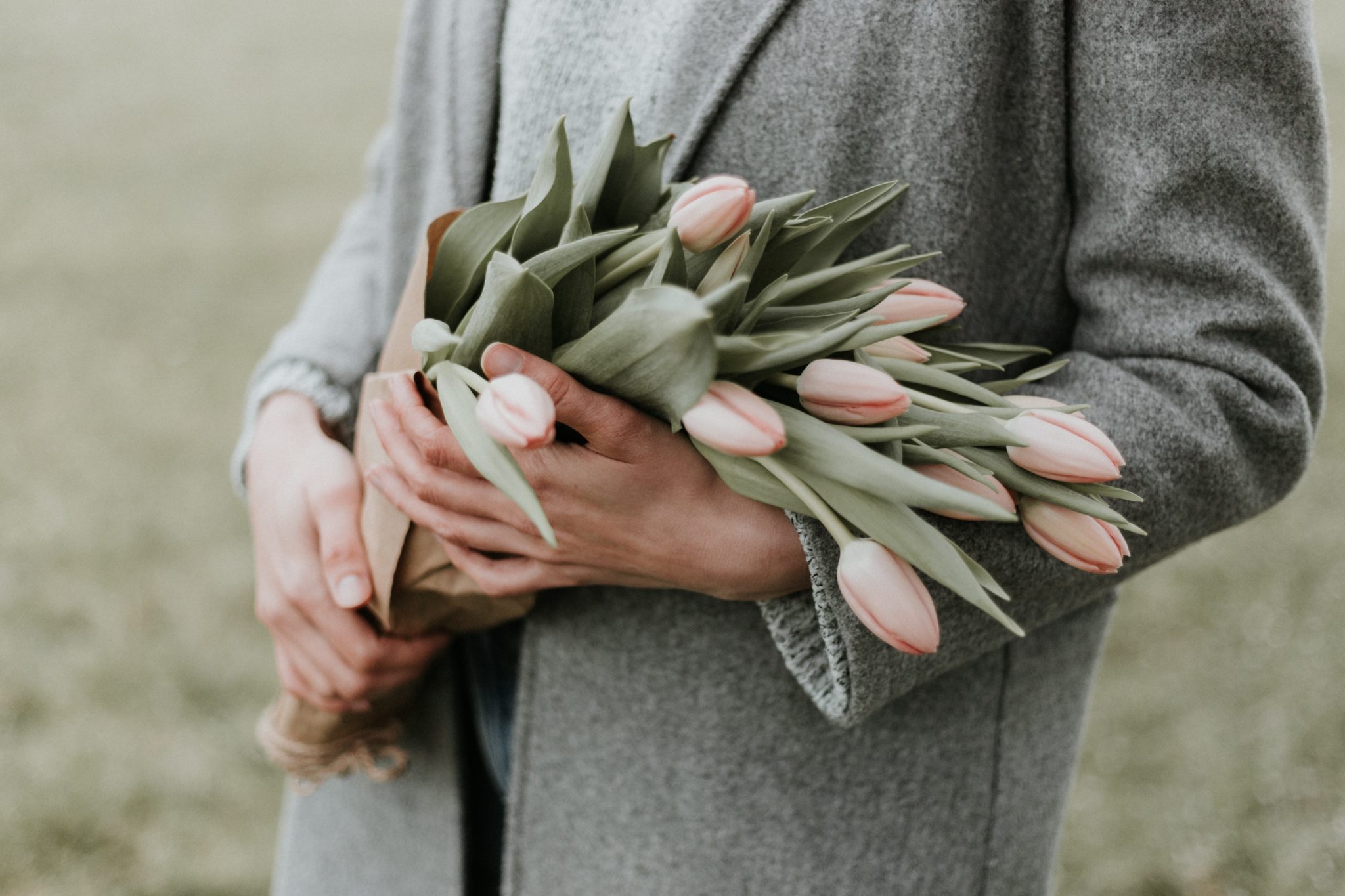
5 Traditions for a Death Anniversary
doesn’t end when the funeral service is over. It’s actually a process that evolves and changes over time. As we continue to move through the day to day of life after a loved one dies, we face a new set of firsts: the first Christmas after they’ve died, the first birthday they’re not here for, the first Mother or Father’s Day without them.
Facing these milestones can be emotional, difficult, and transformative. While everyone will commemorate or celebrate these days in ways that best serve them, there are some universal ways to acknowledge the death anniversary of a loved one.
What is a Death Anniversary?
A death anniversary, or deceased anniversary, is the calendar date of someone’s death. It can be a day of remembrance, a day of reflection, or a day of celebration. Or, for some, it can be all of those things and more.
Some people will anticipate a death anniversary the same way they’d anticipate any other important date. Others might forget about it altogether, choosing instead to focus on the memories they have of a loved one on other days or holidays, rather than focusing on one memorial day alone.
If you choose to commemorate a loved one’s death anniversary, there are no right or wrong ways to do so. The traditions you create to remember or celebrate a loved one can be as unique as the person you miss. The choice is yours, and that choice can evolve over time. What feels right on the first death anniversary might not feel right on the tenth. The way you remember your loved one, like the grief you feel over their loss, can evolve over time.
An Anniversary of Loss
It’s important to honor the fact that the death anniversary is an anniversary of loss. No matter the relationship you may have held with the deceased, their absence from the physical world is a loss. Acknowledging that with a memorial can be a way of honoring their memory or it can be a reminder to yourself of your resilience and strength to carry on, no matter the circumstance.
Planning a Death Anniversary Tradition
Because your relationship with your loved one was unique, the way you memorialize that loved one should be too. The way you commemorate a death anniversary will vary depending on different factors. Are you doing this alone or as part of a family or larger group? Is it necessary (or desirable) to travel or can you remain at home? Do you want the memorial or death anniversary tradition to be private or public?
These and other questions will factor into what you decide to do as the date approaches.
Death Anniversary Tradition Ideas
Keep It Personal
One way to honor the death anniversary of a loved one is to mindfully spend the day doing things they loved to do. You might cook one of their favorite meals (or go out to eat at their favorite restaurant), watch a movie they loved, read a book they enjoyed, or take a walk at their favorite park. You can spread these activities out over the day: have their favorite coffee for breakfast, visit a beloved garden over lunch, and plan an evening that includes their favorite music, for example. Or, you can opt for a shorter, more succinct memorial, like preparing tea and watching the birds in your backyard before you go on with the rest of your day.
Personal activities like this can can be done solo or with others, especially if you choose to plan activities with family and friends who were also familiar with the things your loved one enjoyed.
Write it Out
Just like some families ask friends and loved ones to write memories in a keepsake journal at the wake or funeral for later reference, you can keep a death anniversary journal. Using a specially chosen journal, write passages each year on your loved one’s death anniversary. You can write your loved one a letter, for example. Or you might opt to journal your feelings.
If the idea of keeping a journal appeals to you but you don’t feel that you’re much of a writer, you can simply make lists. A few ideas might include lists of things that happened in the past year that would have made your loved one laugh, or a list of historical events that you’d have talked with them about if they were still alive.
The idea isn’t to write something beautiful or organized or for someone else to see. It’s simply to put your thoughts in a place you can return to each year.
Have a Get Together
Sometimes gathering with others who also loved the deceased is the best way to share the grief and loss you might still feel. Getting together to share a meal, or for each person to make a toast, can make you feel like you’re not alone in your grief. It can also remind you of the impact your loved one had on others.
If you want to spend time with others but don’t want your gathering to revolve around food or drink, you can come together on each death anniversary for another reason. You might consider volunteering together for a cause you all believe in, or to release helium balloons together, or to plant a tree or a rosebush.
Have a Visit
An intimate, quiet death anniversary tradition can include visiting your loved one’s grave or the place their ashes were scattered. Like other ideas, this can be done solo or with others.
You could also visit a church to light a candle in their memory, or you could light a candle at home as you think about them. This might be a good time to break out the photo albums to look at pictures of your loved one and to quietly reminisce about the memories you hold.
Plan a Getaway
Some people don’t want to stay home or revisit times past for a death anniversary; they’d rather create new memories. If that’s true for you, consider taking a trip each year in memory of your loved one.
You might go places they always want to see but didn’t. You could also choose places you think they’d have loved even if they never talked about it: if they loved waterfalls, for example, you might find a national park with a waterfall and spend the day hiking. Or if they knew all the words to every Broadway musical, you could spend a few days in New York City, checking out shows and indulging in your favorite foods.
No matter how you choose to commemorate a loved one’s death anniversary, it’s important to remember that the tradition should serve you. It should be what you want it to be, whether that’s quiet and respectful, active and celebratory, or different each year depending on your circumstance.
At Bateman-Allen Funeral Home, we’re always here to answer questions and help you as you plan your next steps. Feel free to reach out to our staff and to tell us how we can best support you in your time of need.



Recent Comments